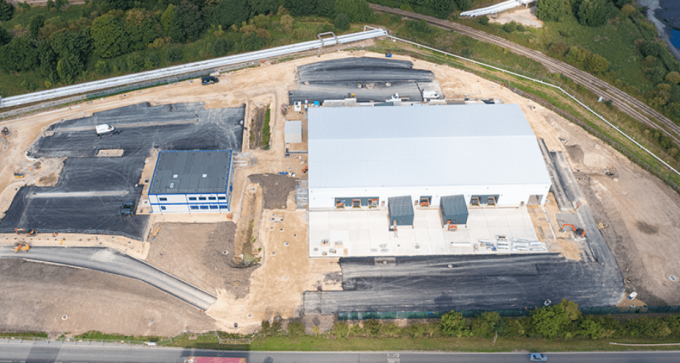Eastern Europe trade takes off as new air services generate excitement
Cathay Cargo’s new bellyhold service from Munich to Hong Kong launches today, and has already ...

More industry representation is needed to determine the future of the UK’s border operating model, following the scrapping of planned phytosanitary checks.
The British Port Association’s director of policy and external affairs, Mark Simmonds, said that during the development of now-scrapped border control posts (BCPs), it ...
CMA CGM South Korean staff strike over bonuses after bumper 2024 profit
MSC switches two more Asia-Europe port calls from congested Antwerp
Ports and supply chain operators weigh in on funding for CPB
Nightmare for Bangladeshi exporters as congestion and tariffs bite
Carriers introduce surcharges as congestion builds at African ports
Box ship overcapacity threat from carrier appetite for new tonnage
CMA airline returns two freighters, while ANA takeover of NCA looms
Tradelanes: Export boom in Indian sub-continent triggers rise in airfreight rates

Comment on this article